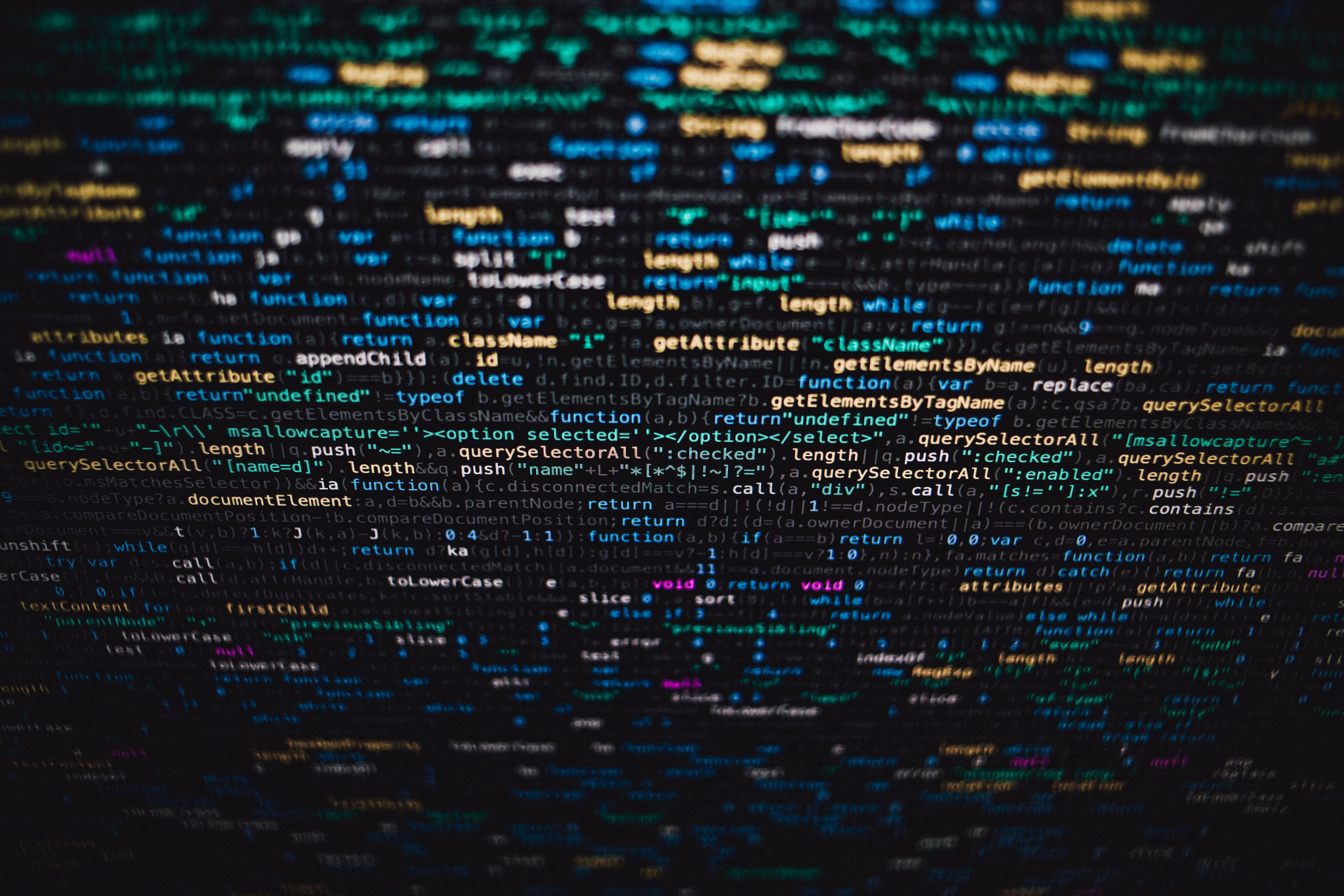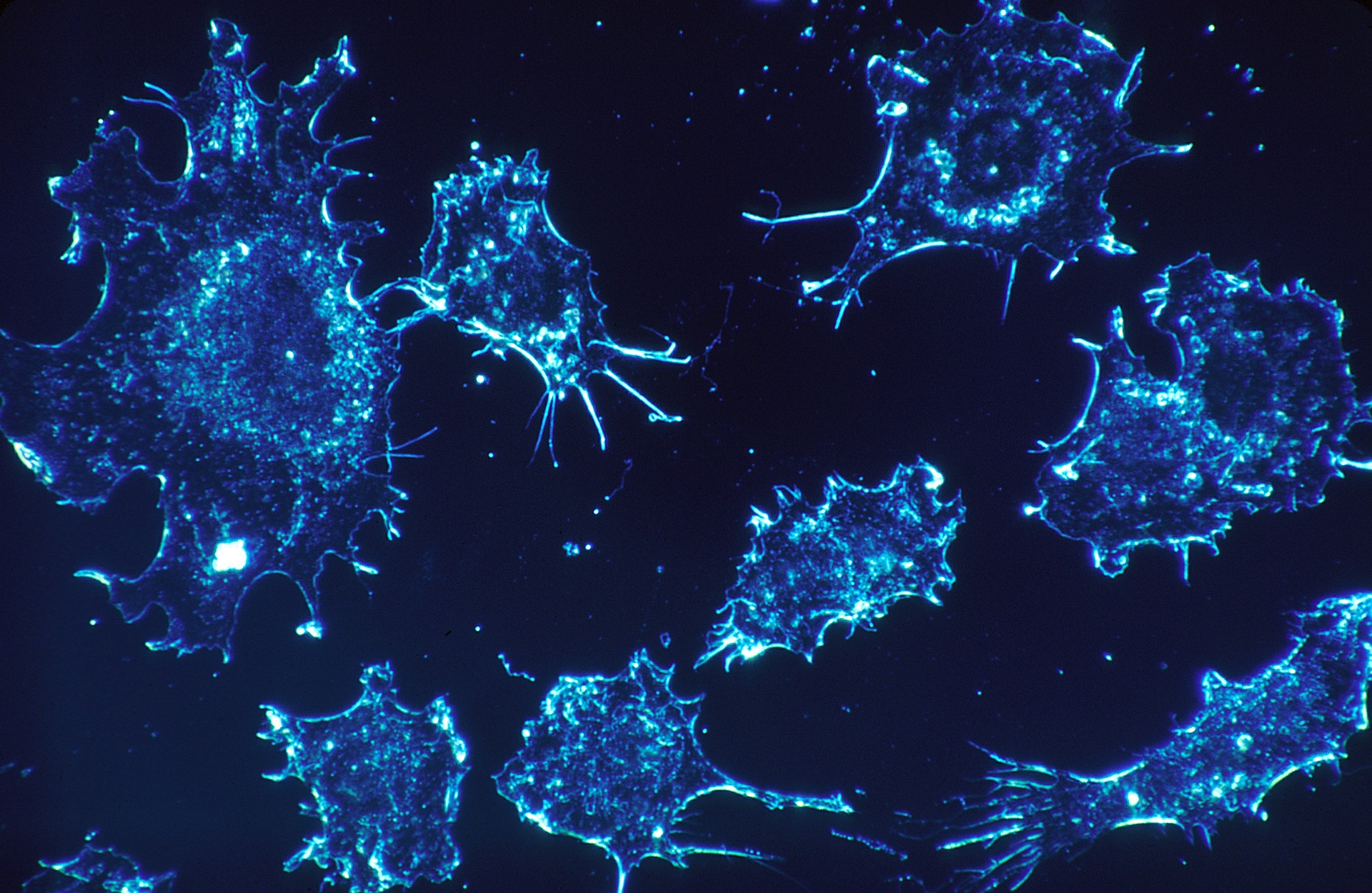This month, a paper titled “International Evaluation of an AI System for Breast Cancer Screening” was published in Nature. This study looks at screening mammography that aims to identify breast cancer in the early stages that allows for more successful treatments. The study found that Google’s AI system spots breast cancer in de-identified screening mammograms with more accuracy and less room for false positives and false negatives in comparison to expert oncologists.
Breast cancer is the second leading cause of death from cancer in women. Nevertheless, with early detection the treatment can improve outcomes. The most widely-used way to detect breast cancer in women is through mammography. However, the interpretation of the images remains challenging and can result in false negatives.
Google Health and DeepMind — a team of scientists, engineers and machine learning experts — worked alongside Cancer Research UK Imperial Centre, Northwestern University and Royal Surrey County hospital who have trained the AI model. The researchers trained an AI system through its algorithm to read mammogram images from female patients. The model scanned data from more than 76,000 women in the UK and more than 15,000 in the US.
According to MIT Technology Review, the AI system was able to decrease errors. In the US patients, it decreased false negatives and false positives by 9.4 percent and 5.7 percent, respectively. In the UK patients, the same result errors were reduced by 2.7 percent and 1.2 percent.
As stated in the MIT Technology Review, “in a separate experiment, the researchers tested the system’s ability to generalize they trained the model using only mammograms from UK patients, and then evaluated its performance on US patients. The system still outperformed human radiologists, reducing false negatives and positives by 8.1 percent and 3.5 percent.”
Related: Applications of AI and Machine Learning in Healthcare and Beyond
In another study, the AI was able to outperform six radiologists at accurately detecting the breast cancers. According to CBC, “the results are in line with findings from several groups using AI to improve cancer detection in mammograms,” said Connie Lehman, chief of the breast imaging department at Harvard’s Massachusetts General Hospital.
Using computers to help detect cancer is not a new discovery. Computer-aided detection (CAD) systems have been commonly used in mammography clinics, however they have not improved performance in clinical practice. Lehman also notes that CAD programs were used to identify things that radiologists can see. However, with AI, they can learn to spot cancers that are based on the results of thousands of mammograms. This “exceed(s) human capacity to identify subtle cues that the human eye and brain aren’t able to perceive.”
“Looking forward to future applications, there are some promising signs that the model could potentially increase the accuracy and efficiency of screening programs, as well as reduce wait times and stress for patients,” said Shravya Shetty, technical lead at Google Health, in a blog post describing the mammography findings. “But getting there will require continued research, prospective clinical studies and regulatory approval to understand and prove how software systems inspired by this research could improve patient care,” he said.
The Nature paper states that “this robust assessment of the AI system paves the way for clinical trials to improve the accuracy and efficiency of breast cancer screening.”












Join or login to leave a comment
JOIN LOGIN